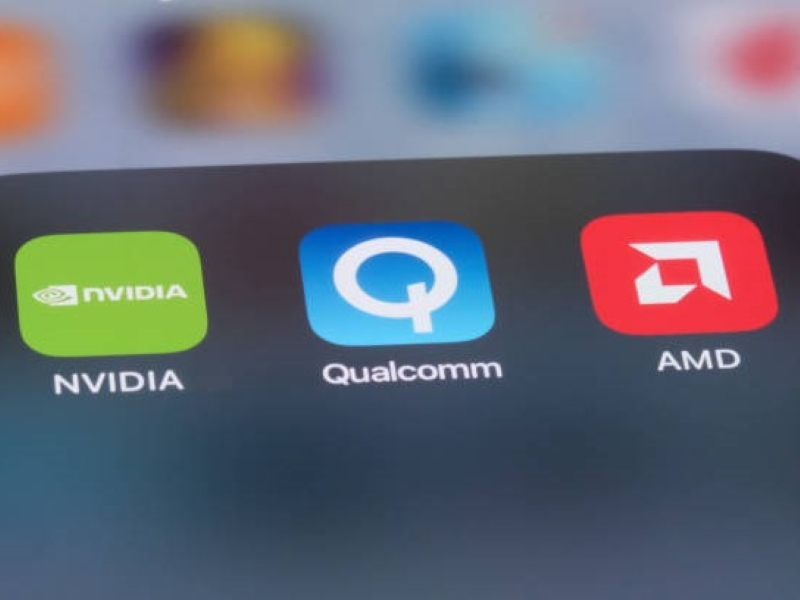- Qualcomm’s potential takeover of Intel would mark the largest acquisition attempt in the tech industry since Broadcom’s bid for Qualcomm in 2018.
- Following the news of the takeover talks, Intel’s stock rose by 3.3%, while Qualcomm’s shares fell by 2.9%.
OUR TAKE
Qualcomm has approached Intel about a potential takeover, signalling a significant move in the semiconductor industry. It’s crucial for both companies and the broader technology industry. This highlights the ongoing consolidation trends within the tech industry, which can reshape market dynamics and competitive landscapes.
-Lia Xu, BTW reporter
What happened
Qualcomm has reportedly approached Intel to explore a potential acquisition amid Intel’s ongoing struggles. Qualcomm CEO Cristiano Amon is directly involved in early discussions, with a focus on acquiring parts of Intel’s design business, particularly its PC design unit. Intel, once the leading chipmaker, has seen its stock plummet nearly 60% this year, prompting this interest from Qualcomm. However, any deal would face significant hurdles, including regulatory scrutiny from the US, China, and Europe, which could require Qualcomm to divest parts of Intel to gain approval.
Shares of Intel saw a 3.3% increase following news of Qualcomm’s interest, while Qualcomm’s stock fell by 2.9%. Analysts are keenly watching how Qualcomm, which currently holds around $13 billion in cash, would finance a potential bid for Intel, valued at approximately $122 billion, inclusive of debt. Intel has yet to comment publicly on the discussions, while Qualcomm did not immediately respond to requests for further information.
Also read: Intel rises as Amazon deal boosts struggling foundry unit’s prospects
Also read: Intel CFO forecasts significant manufacturing revenue by 2027
Why it’s important
This acquisition could fundamentally reshape the semiconductor industry landscape. By consolidating two major players—Qualcomm, known for its mobile chip expertise, and Intel, a long-standing leader in computing—this deal could create a powerhouse capable of competing more effectively against formidable rivals like Nvidia and AMD. However, given the size and influence of both companies, antitrust regulators in the US, Europe, and China will likely scrutinise the acquisition closely.
Besides, given Intel’s recent struggles, this acquisition could provide the necessary resources and innovation to revitalise its operations. Intel has faced significant challenges in maintaining its manufacturing edge and has seen its stock value decline dramatically. A successful merger with Qualcomm could inject new capital, leadership, and technological expertise into Intel, potentially turning around its fortunes and restoring its status as a leader in chip manufacturing.

